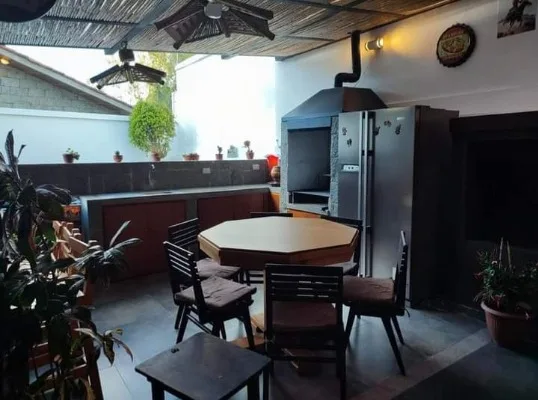ECUADOR DIGESTU.S. slaps tariff on Ecuadorian shrimp exports; Ecuador recalls ambassador to Egypt to protest killings
The U.S. Department of Commerce has slapped a 13.5% tariff on Ecuadorian shrimp imports, claiming the industry is subsidized by the government.
Ecuador’s Coordinating Minister of Production, Employment and Competitiveness, Ricardo Espinoza, rejected the decision and said his office is pursuing discussions with the U.S.
"We absolutely disagree with the decision,” said Espinoza. “This industry pays its own way. The claim that it is subsidized is totally untrue."
In addition to direct talks with the U.S., Espinoza said the Ecuadorian government is considering an appeal to the World Trade Organization (WTO).
The new tariff on one of Ecuador’s largest industry comes only weeks
after the U.S. Andean Trade Preference Act with Ecuador expired.
Espinoza said, however, that shrimp exports to the U.S. were not covered
by the preferences and that he sees no connection.
Ecuador recalls ambassador to Egypt
Ecuador recalled its ambassador to Egypt on Wednesday after Egyptian security forces crushed the protest camps of supporters of the deposed Islamist President Mohamed Mursi and shot more than 500 of them dead.
In a brief statement, Ecuador's Foreign Ministry said the Egyptian people had chosen Mursi as their constitutional leader.
"Following the coup d'etat which toppled President Mursi in July of this year, Egyptian society has been wrapped up in a climate of civil protest and repression on the part of the de facto government," the statement said.
Decision on Yasuní drilling may come today
The government says President Rafael Correa will announce today a decision on whether to drill for oil in Yasuní National Park. The area, located in Ecuador’s Amazonia region, is believed to contain between 800 and 900 million barrels of oil. The Yasuní is considered the single most bio-diverse area of the world.
In 2007, Correa offered a plan to leave the Yasuní oil in the ground. If $3.6 billion was contributed from international sources, he said, there would be no drilling. Although a number of countries have pledged money to the cause, the total amounts to only 10% of the ask. Although he says he is dedicated to preserving the environment, Correa has also said the country needs the income to fund improvements to infrastructure, education and social services.
If a decision is made to open the Yasuní to drilling it is sure to spark protests from the area’s indigenous population who oppose all oil drilling and mining operations.
Bids received for Cuenca oil pipeline
Four companies, including Sinopec International Petroleum Service Ecuador, S.A., the local unit of China state-owned Sinopec, and Brazil's Norberto Odebrecht, have submitted bids to build a multipurpose petroleum pipeline from Guayaquil to Cuenca.
The 210-kilometer pipeline, scheduled to begin construction next year, will supply diesel, gasoline and liquefied petroleum gas to six provinces in southern Ecuador. It will have the capacity to carry 46,000 barrels of fuel a day.
Petroecuador will make the technical and economic evaluation of the bids by the end of August.

















